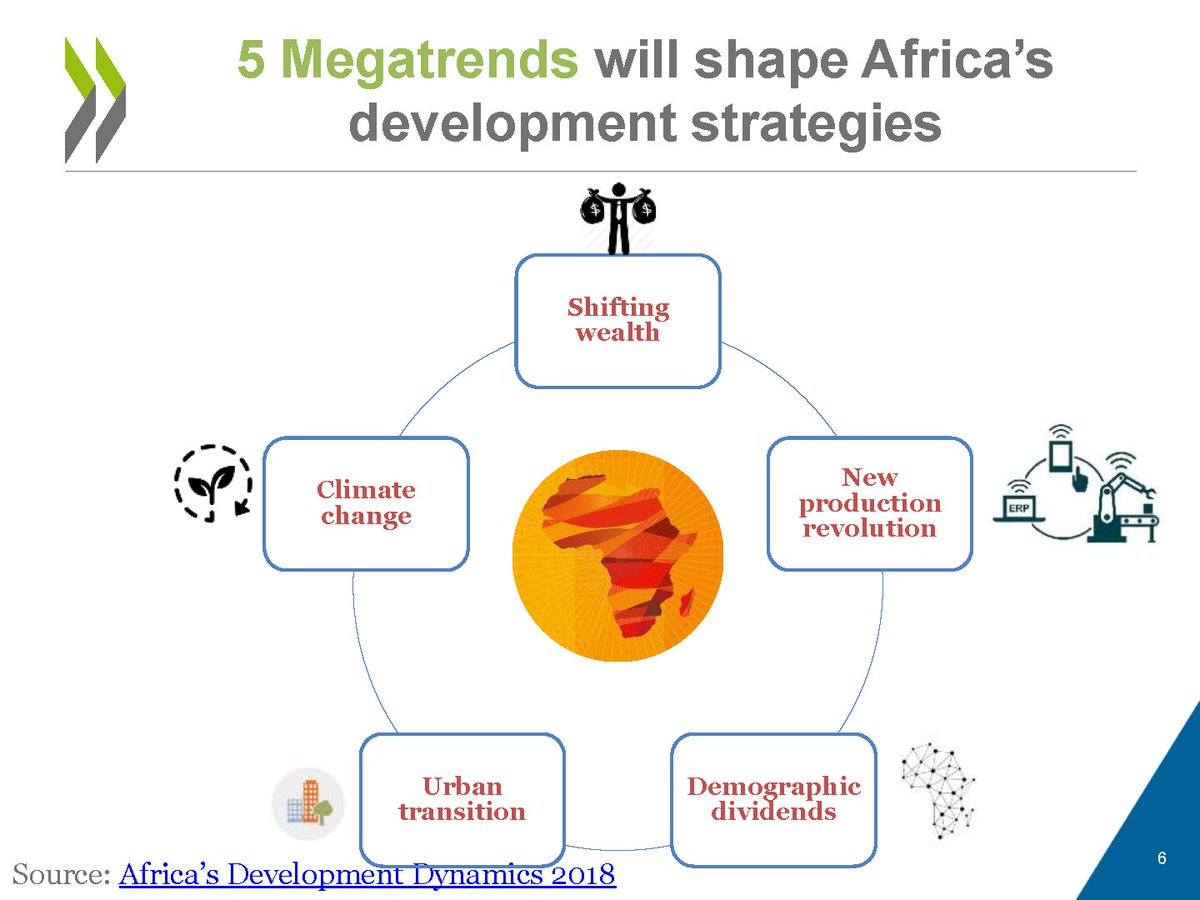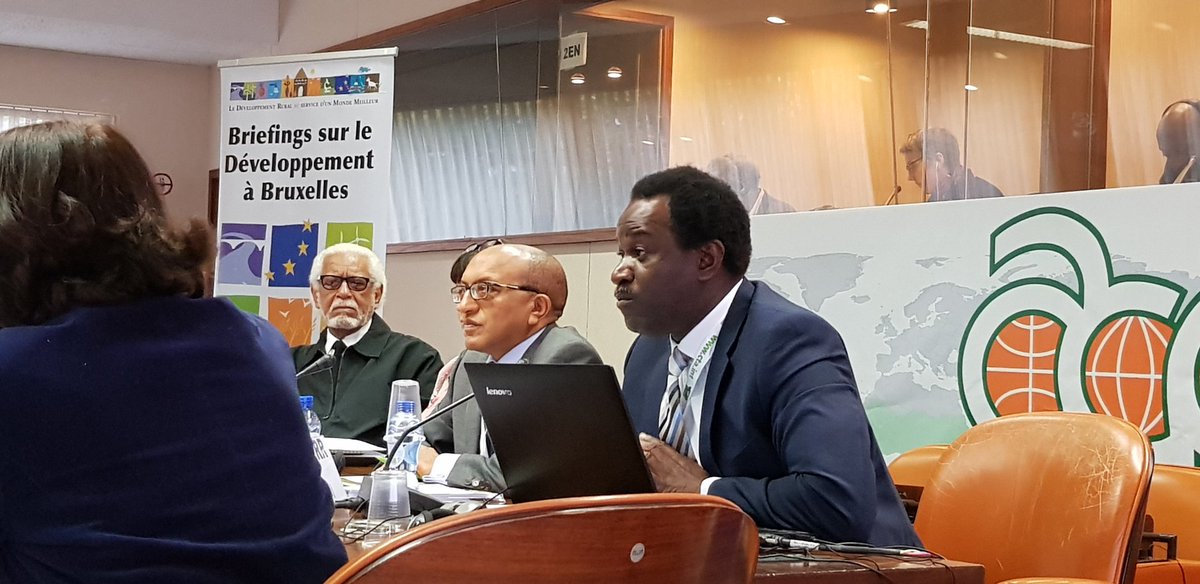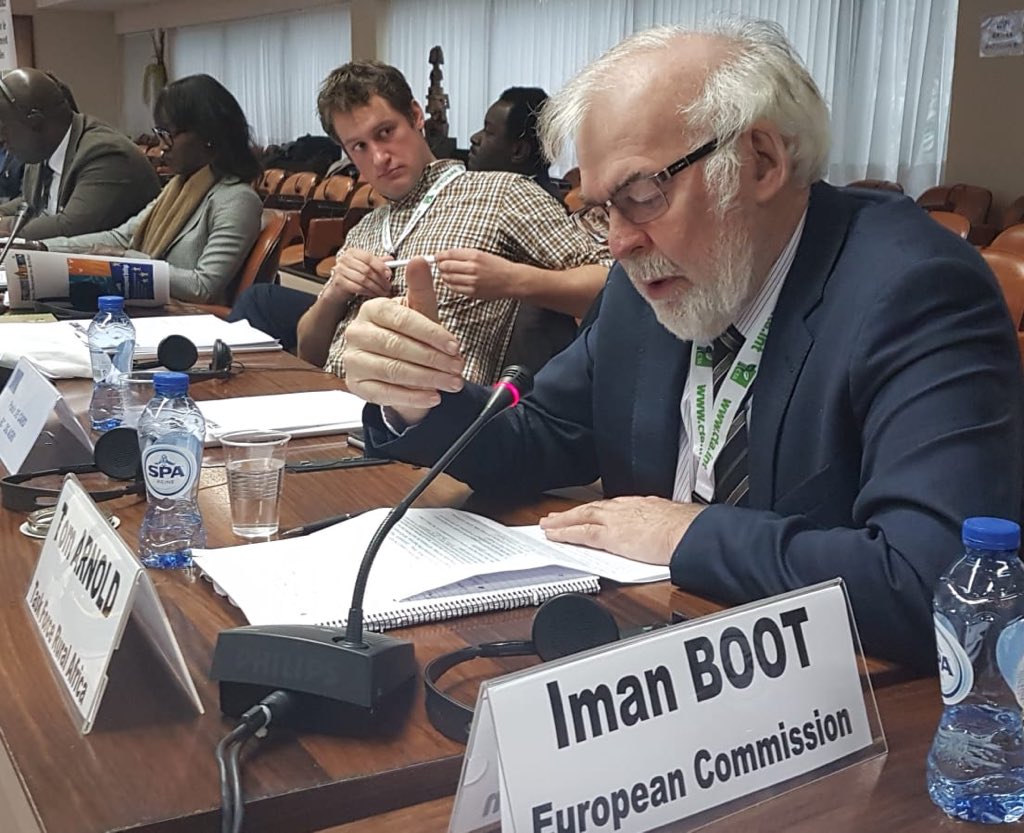The next generation of farmers: successes and new opportunities.
To generate growth in rural areas and new employments and investments in farms, new kills and practices will be needed for for new generations of farmers and agro-processors. To reach this, a number of changes need to happen: farming needs to be competitive to retain or access to new markets, increase its productivity, engage in diversification processes and use technology and innovation to be more efficient in use of resources.
To generate growth in rural areas and new employments and investments in farms, new kills and practices will be needed for for new generations of farmers and agro-processors. To reach this, a number of changes need to happen: farming needs to be competitive to retain or access to new markets, increase its productivity, engage in diversification processes and use technology and innovation to be more efficient in use of resources.
We see societal expectations regarding food, in particular concerning food safety, food quality, food
waste, environmental and animal welfare standards which farmers will need to address together with
the other actors in the chain.
Citizens are also increasingly valuing access to a wide variety of food that carries broader benefits for
society, such as organic produce, products with geographical indications (GIs), local specialities and
innovative food.
The most important role for the policy is therefore to help farmers anticipate developments in dietary
habits and adjust their production according to market signals and consumers' demands.
 Panel 1: What is required to support the next generation of farmers?This panel provided an overview of what policies and actions are required to support the next generation of farmers to increase productivity, better access to remunerative markets and increased use of technology.
Panel 1: What is required to support the next generation of farmers?This panel provided an overview of what policies and actions are required to support the next generation of farmers to increase productivity, better access to remunerative markets and increased use of technology.
 Panel 1: What is required to support the next generation of farmers?This panel provided an overview of what policies and actions are required to support the next generation of farmers to increase productivity, better access to remunerative markets and increased use of technology.
Panel 1: What is required to support the next generation of farmers?This panel provided an overview of what policies and actions are required to support the next generation of farmers to increase productivity, better access to remunerative markets and increased use of technology.- Key challenges and opportunities for the next generation of farmers Débísí Àràbà, Director, Africa Region, International Center for Tropical Agriculture (CIAT)
- Successes of the CAP and lessons learned for the ACP Iman Boot, Senior Expert, Directorate for Agriculture, European Commission
- Africa’s development trajectory in the evolving global context Thang Nguyen-Quoc, Policy Analyst, Africa Unit, OECD Development Centre
- Connecting farmers to markets in Africa Jannes Maes, President of the European Council of Young Farmers (CEJA)
- Update and way forward on AGRI/DEVCO Taskforce for Rural Africa Tom Arnold, Chairman,
TFRA
See also PAEPARD blogpost: Members of the Task Force Rural Africa – strengthening our partnership in food and farming
 |
| Akin Sawyerr, Co-founder @afgean "We have created farmers market initiatives to ensure fair and sustainable market access for farmers" |
- Best practices and successes of women farmers in Europe Lotta Folkesson, Chair, Women Committee, COPA
- Connecting production to growing markets in value added agri-food chains
Akin Sawyerr, Co-founder of Agricultural Fresh Produce Growers and Exporters Association of Nigeria (AFGEAN) (see at the bottom video @2:56:40) - Promoting quality schemes: the case of Jamaica Jerk GI Winston Stona, Associated Manufacturers Limited, Jamaica
- New opportunities for innovative agribusiness in E-commerce of added-value products Jennifer Bash, Founder and CEO, Alaska,Tanzania
- See also PAEPARD blogpost: Creating jobs in value-added agribusinesses. The company adds value to locally produced products and links its supplier-members to the supply-value chain. Main products in the market at the moment are rice, eggs and sunflower oil packed Brown Rice and Maize Flour distributed under the Alaska Tanzania brand.



No comments:
Post a Comment